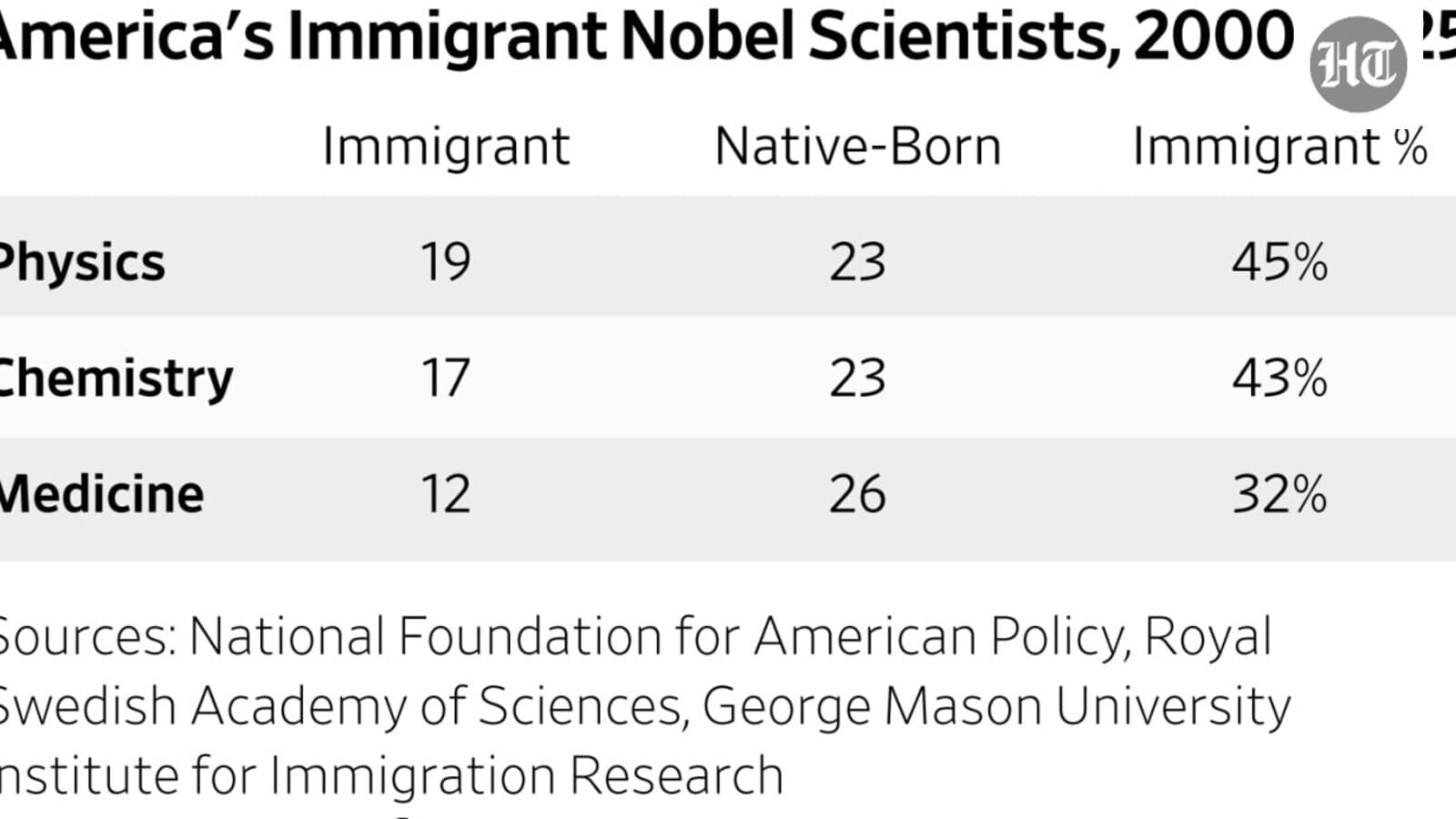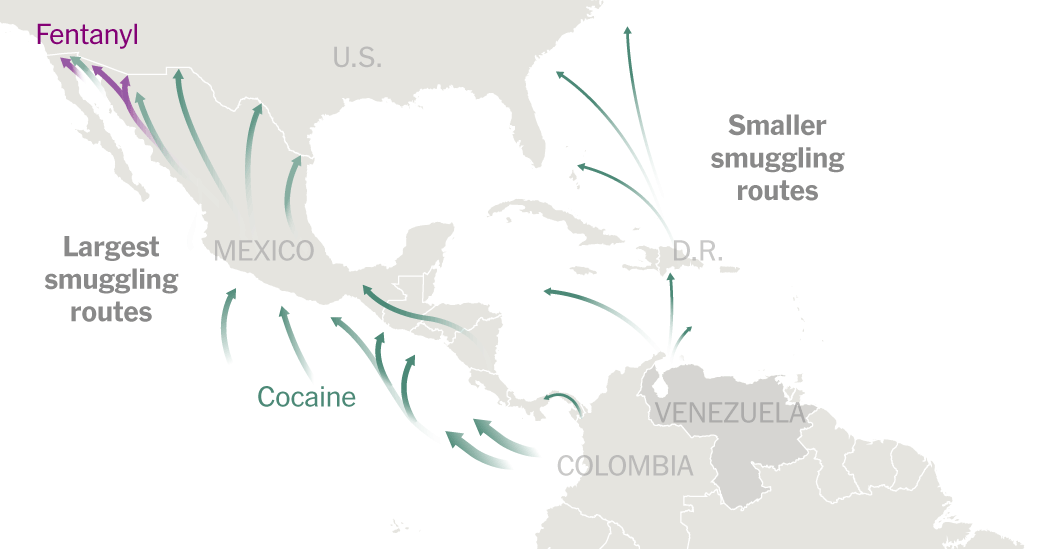Welcoming immigrants to the U.S. is out of fashion on the political right these days, even for those who enter the U.S. legally. That’s short-sighted for America’s future prosperity, as this week’s news about the annual Nobel prize winners in the sciences shows again.
Six U.S. residents are among the nine winners in this year’s three Nobel science categories, and three of those six are immigrants. Three U.S.-based professors swept the physics prize, including Michel Devoret, an immigrant from France, and John Clarke, who came to the U.S. from the United Kingdom. They shared the prize with native-born American John Martinis for “quantum mechanical tunnelling.”
Omar Yaghi, an immigrant from Jordan, shared the prize in chemistry with an Australian and a Japanese national. They won for what the Nobel committee called “the development of metal-organic frameworks.”
Mr. Yaghi, a Berkeley professor, came to the U.S. as a teenager in a refugee family and had limited knowledge of English. He studied at a community college in Troy, N.Y., earned his Ph.D. at the University of Illinois, and had faculty positions at Arizona State, Michigan and UCLA before joining Cal. Only in America, as some of us still like to say.
Professor Yaghi’s path speaks to the varieties of the U.S. immigrant experience. You never know who or how the poorest refugee or migrant might blossom into a world-class scientist or entrepreneur. This is talent the U.S. needs, and immigration is a force multiplier for American innovation.
Stuart Anderson at the National Foundation for American Policy has looked at the three science Nobels awarded since 2000, and immigrants make up 40% of the U.S. winners. As the nearby chart shows, it’s 45% for physics, 43% for chemistry and 32% for medicine.
Some of our readers will sniff that these are mere anecdotes and say the Trump White House supports legal immigration. Sorry, anecdotes matter because the contributions of individuals matter. And the restrictionists in the White House are trying to shrink even legal immigration too.
See its plan to make H-1B visas too expensive for all but the largest companies, and the campaign to reduce the number of foreign students at U.S. universities. This year’s Nobelists, like winners every year, were attracted to the U.S. in part because of the opportunities at great research universities. One inevitable if hard-to-calculate price of the Trump campaigns against immigration and the U.S. academy is that an unknown number of future potential prize winners will choose to study elsewhere, or return home after they have a degree.
Nobel prizes in the sciences are the result of intellectual capital built over decades of hard work and research. The U.S. will get fewer in the future if the Trump Administration won’t welcome legal immigrants and refugees.
All Access.
One Subscription.
Get 360° coverage—from daily headlines
to 100 year archives.
E-Paper
Full Archives
Full Access to
HT App & Website
Games
Already subscribed? Login







